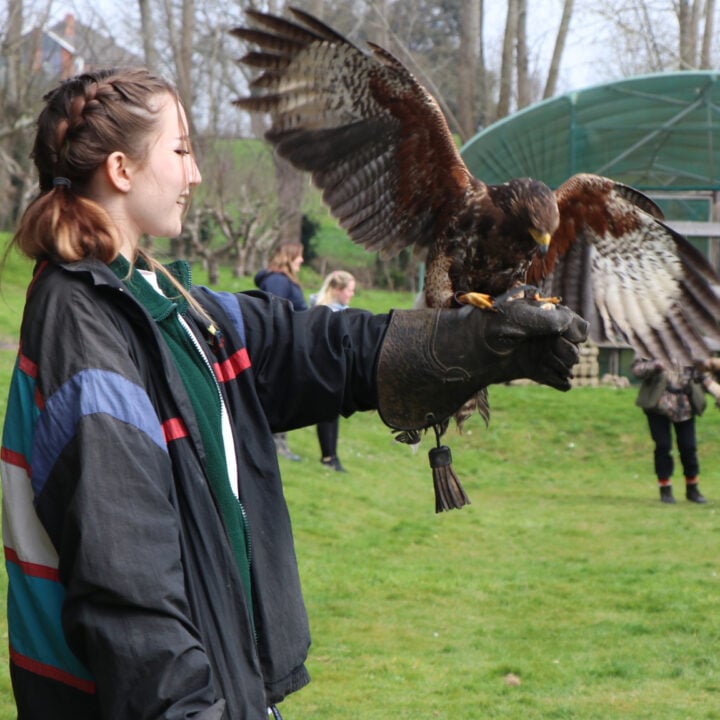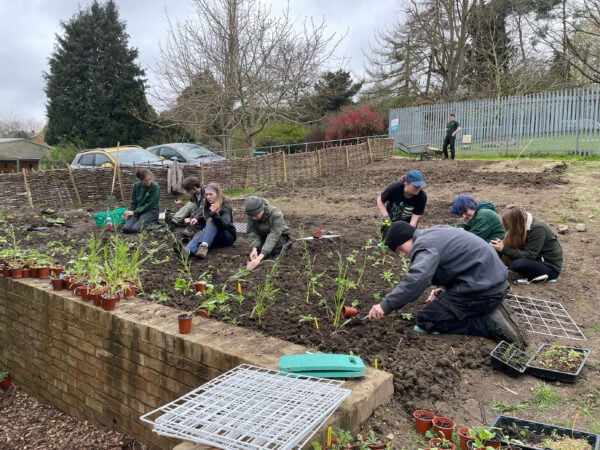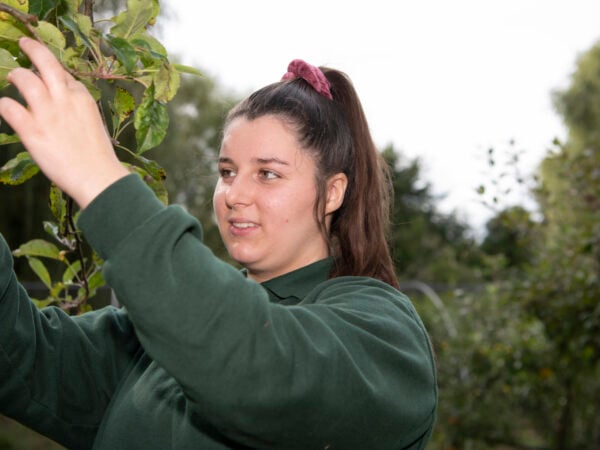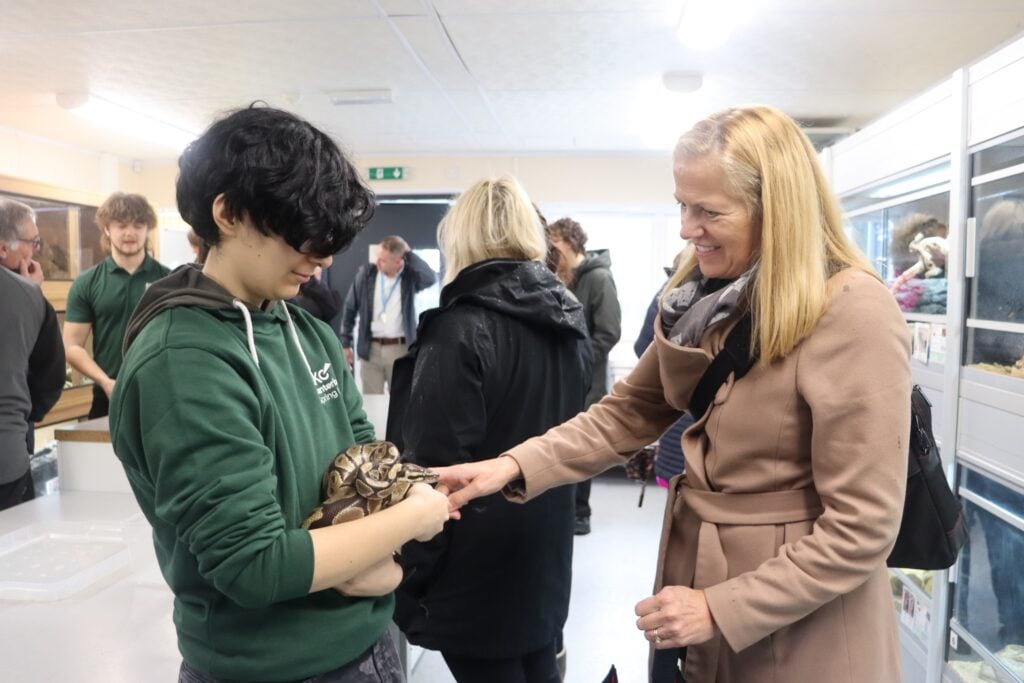Study at a specialised land-based campus, and gain expert skills and practical knowledge on our unique courses.
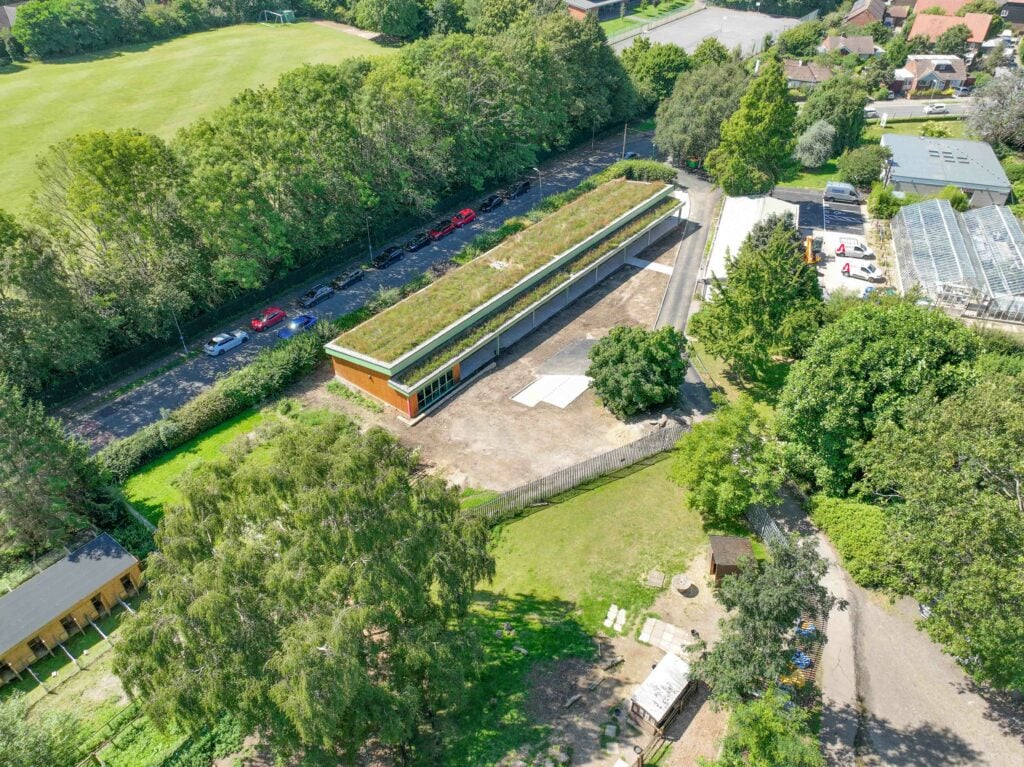
Full Time courses
Previous slide
Next slide
Trips and Social Action
How you apply for a course at Canterbury College
Step 1 – Find a subject you’re interested in
Whether its Landbased, Environmental or Animal Care courses you are looking at, explore your options and find the one that is right for you.
Step 2 – Apply
Apply via our website and online application portal.
Step 3 – Come to an interview
Be interviewed for your course at EKC Canterbury College by our dedicated team, who will find opportunites that are right for you.

Career prospects
Example:
Conservation professionals
£
£33,800
Annual pay
Annual pay is per year, based on full-time employment and on the South East region.
Role description
Conservation professionals are responsible for ensuring that landscapes, habitats and species are protected and enhanced via appropriate management and conservation. They promote public understanding and awareness of the natural environment and help to develop and implement appropriate policies to achieve these objectives.
Data powered by
LMI for All

The support from my tutors has been amazing, helping me succeed at my academic goals and my personal goals too.
Ellen
Junior College student, upon winning the U18 Girls 2023 Lexus Wheelchair Tennis

I get to work with so many different animals on my course and the facilities are really good. We have a lot more independence compared to school and have really supportive tutors.
Mia
Animal Management student
